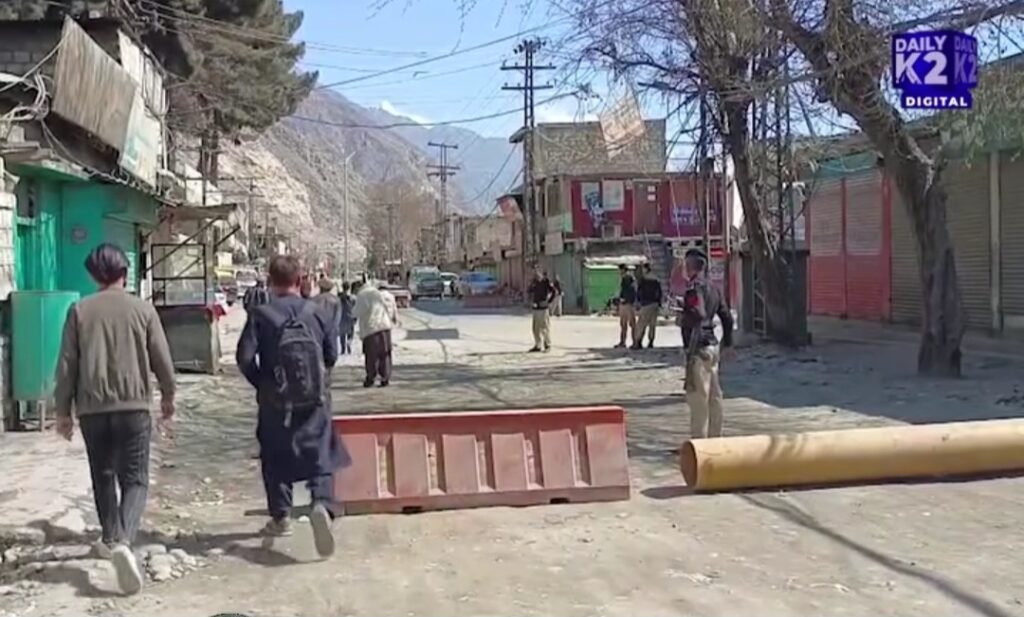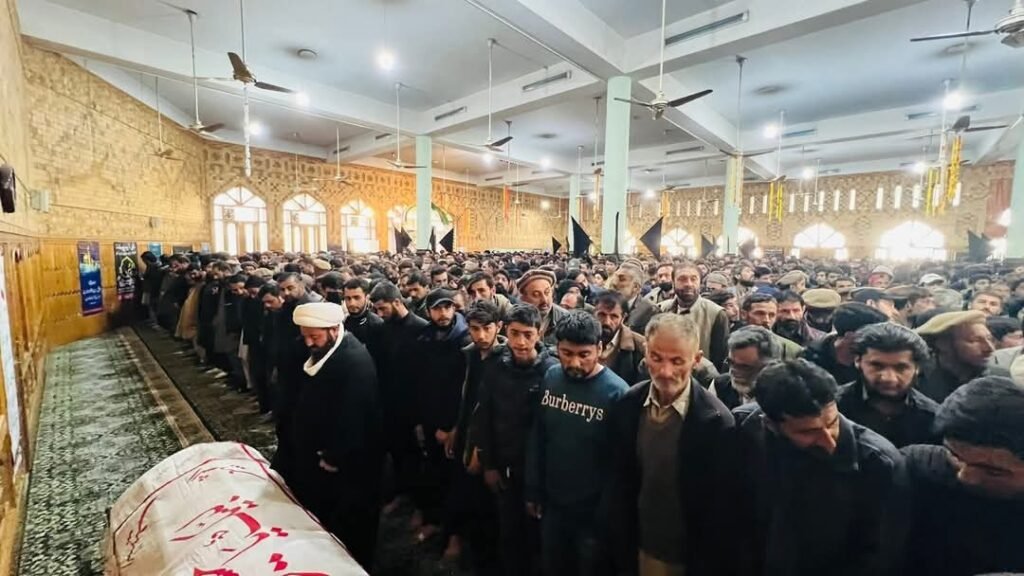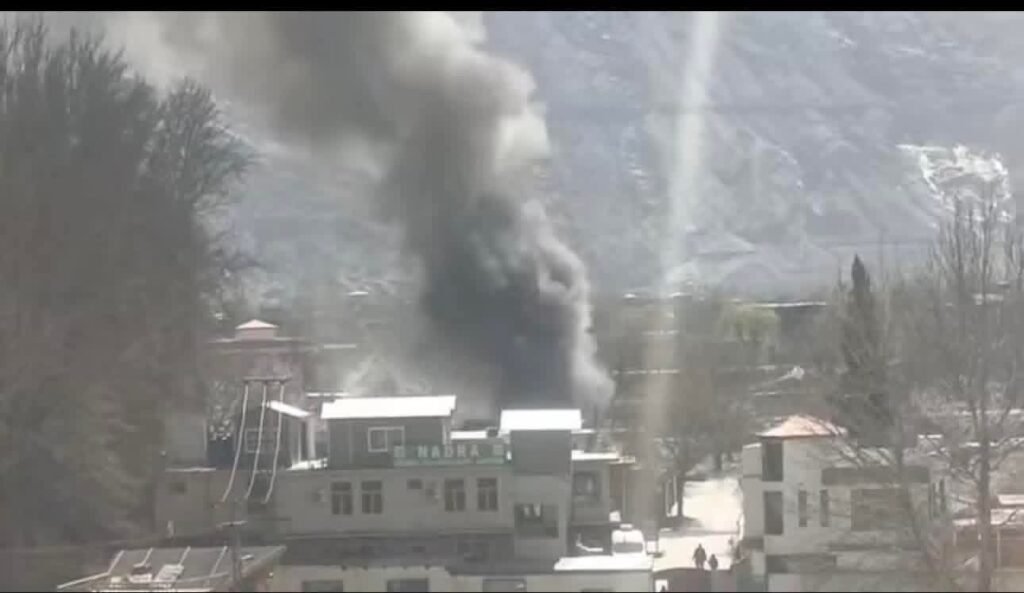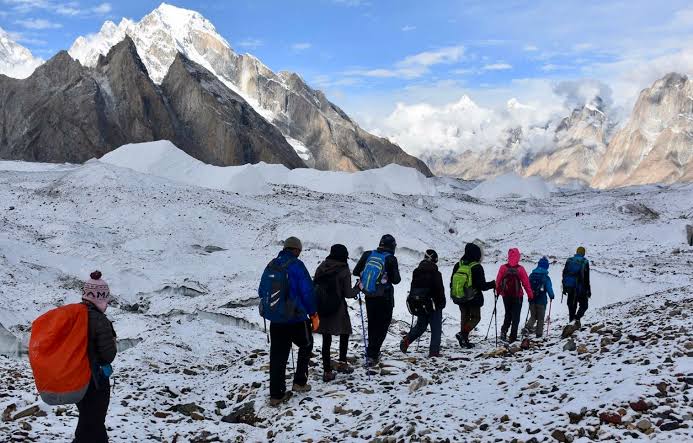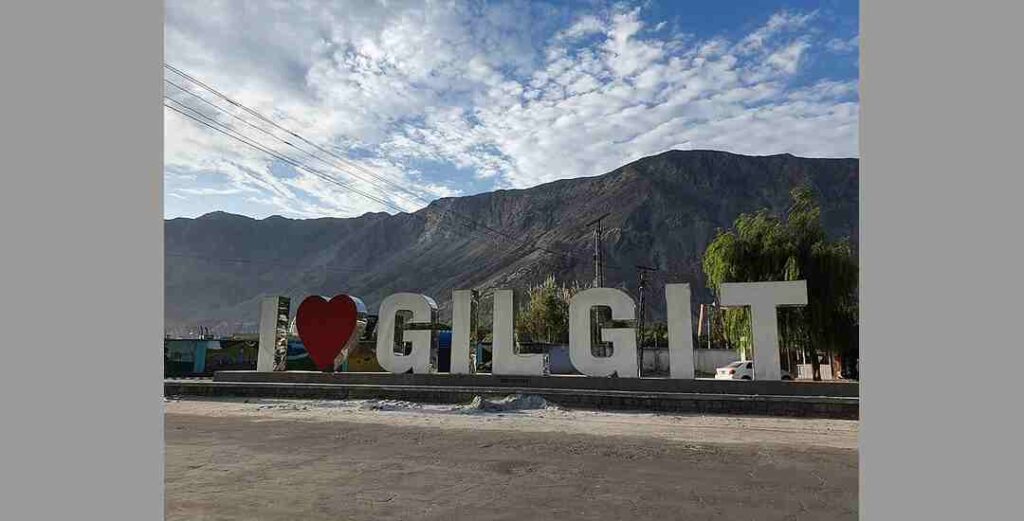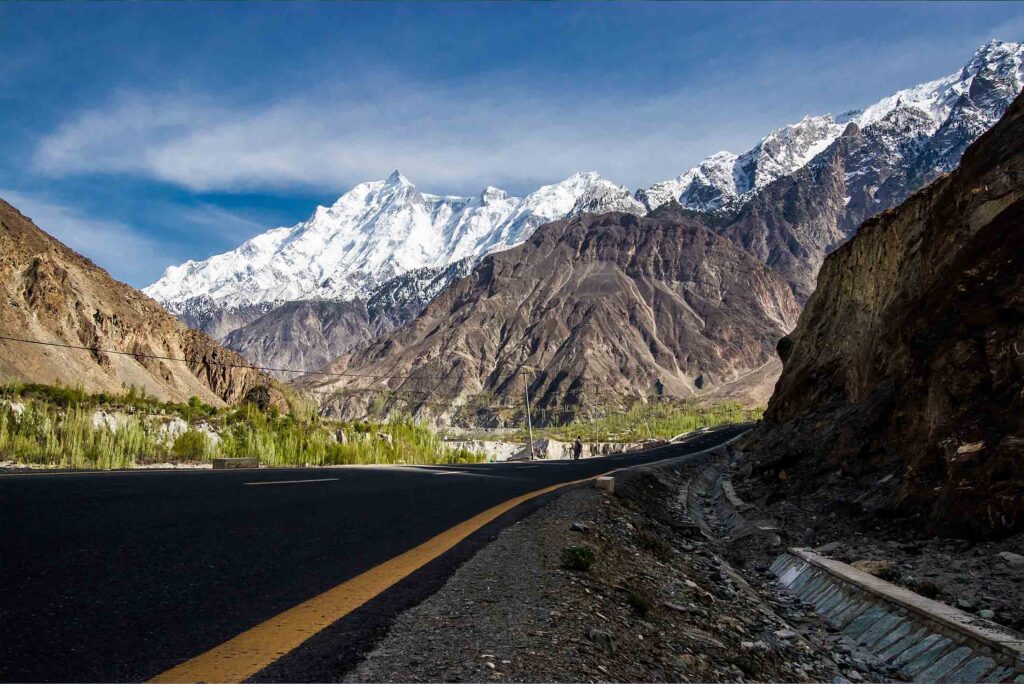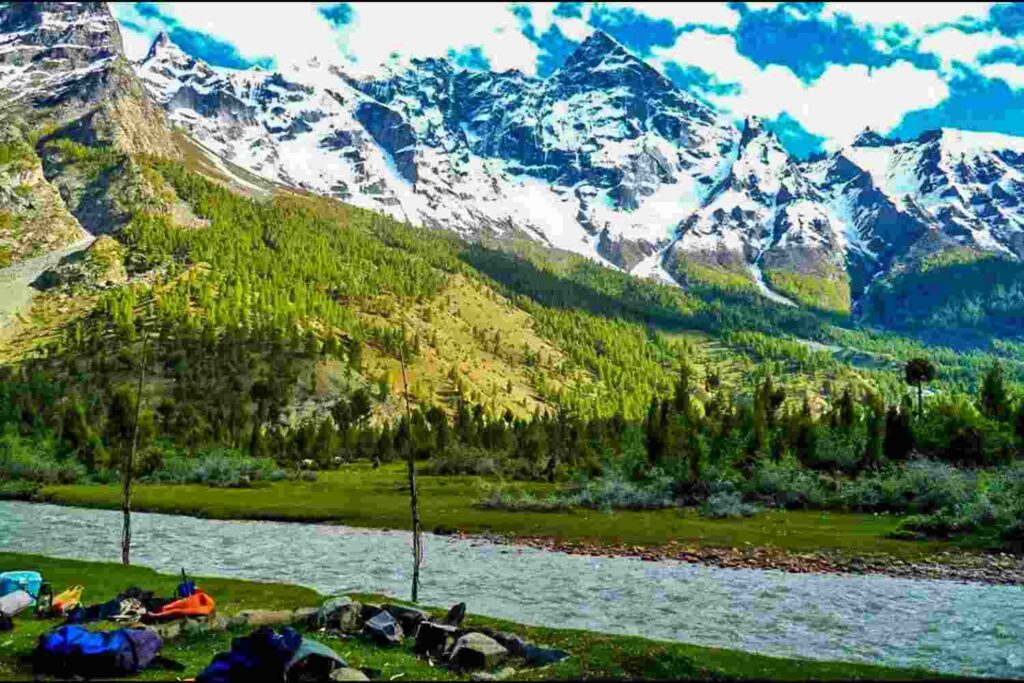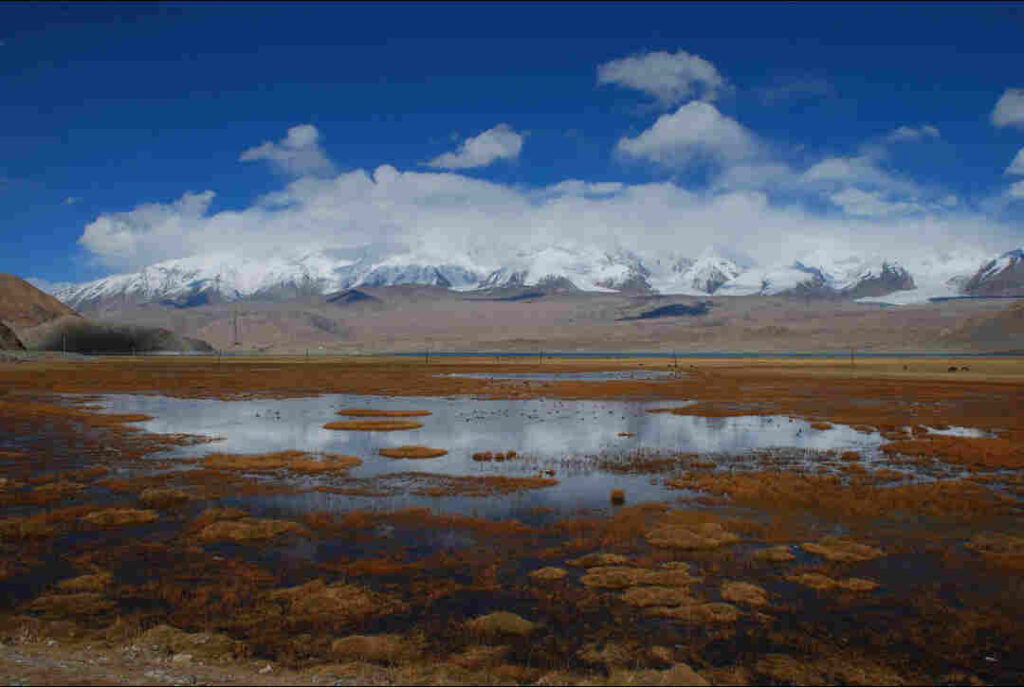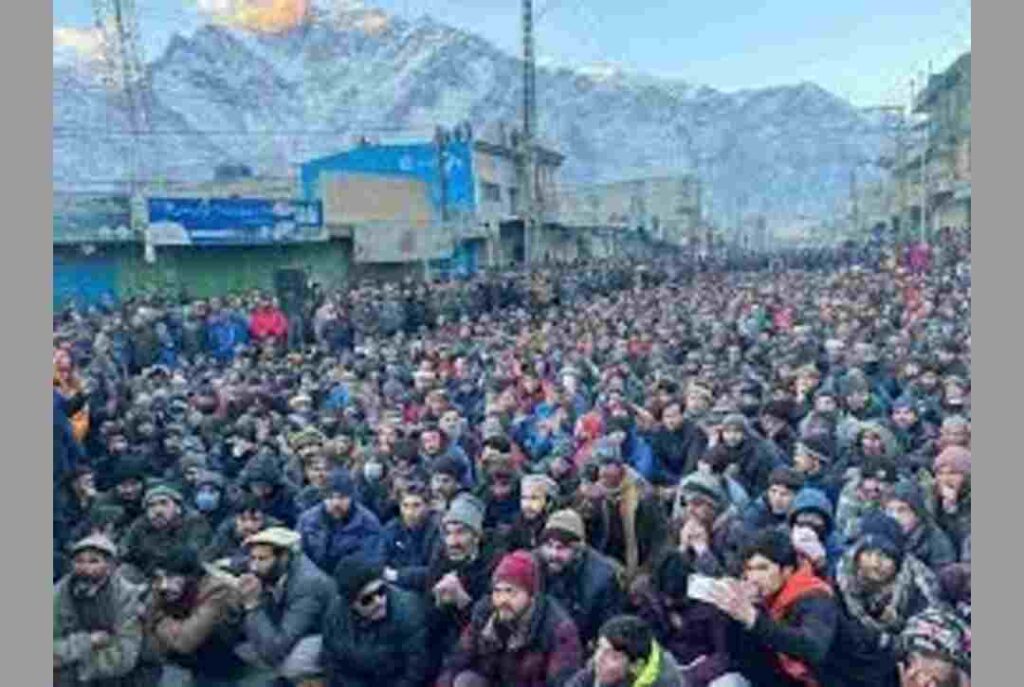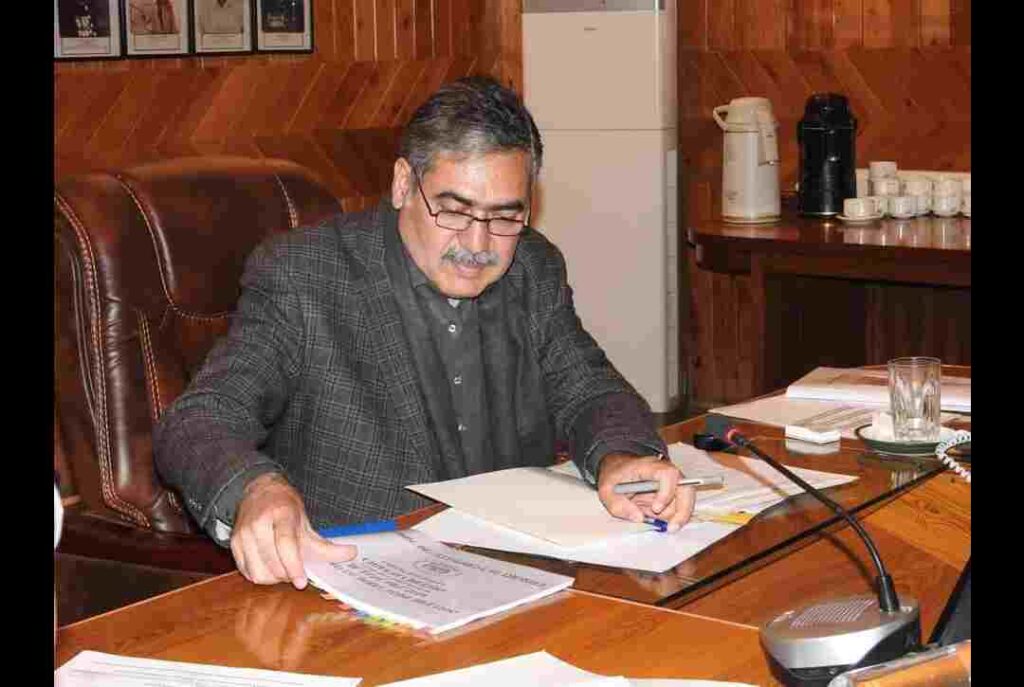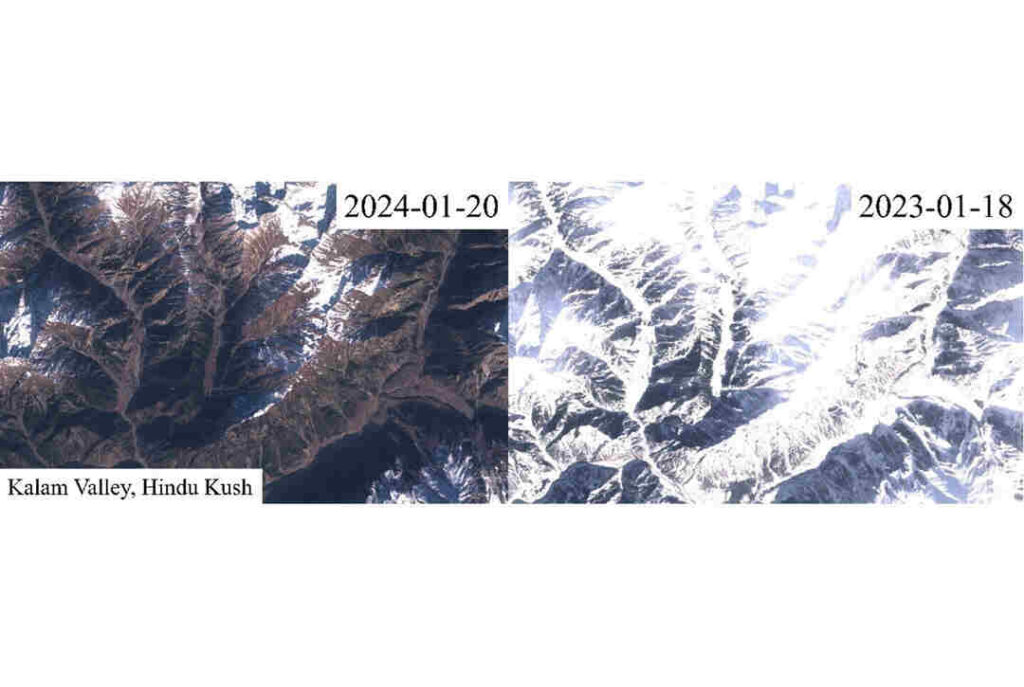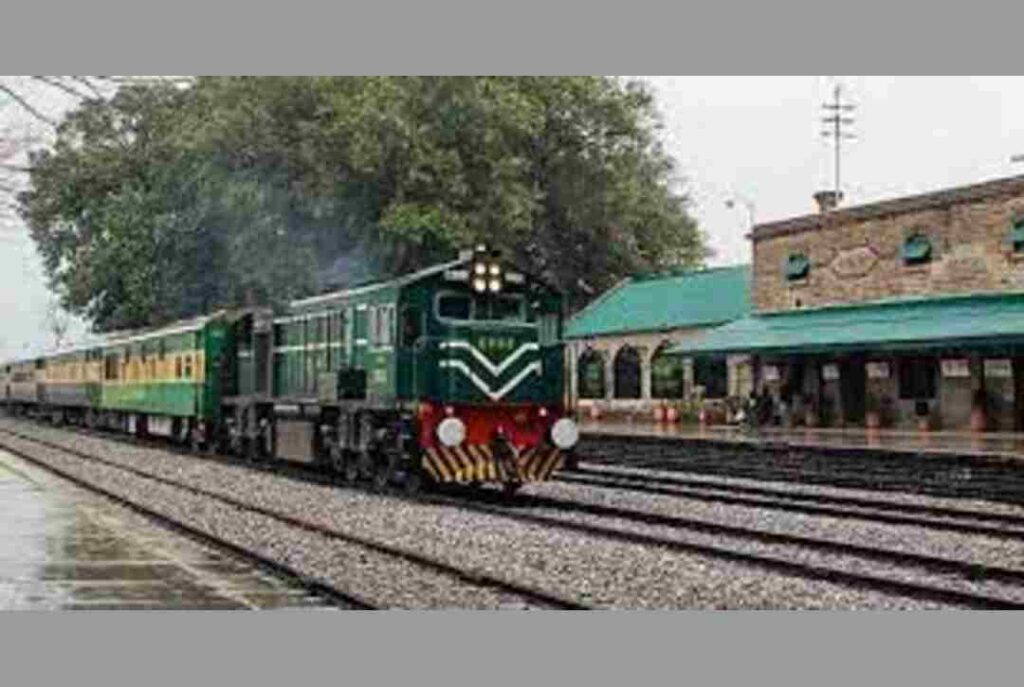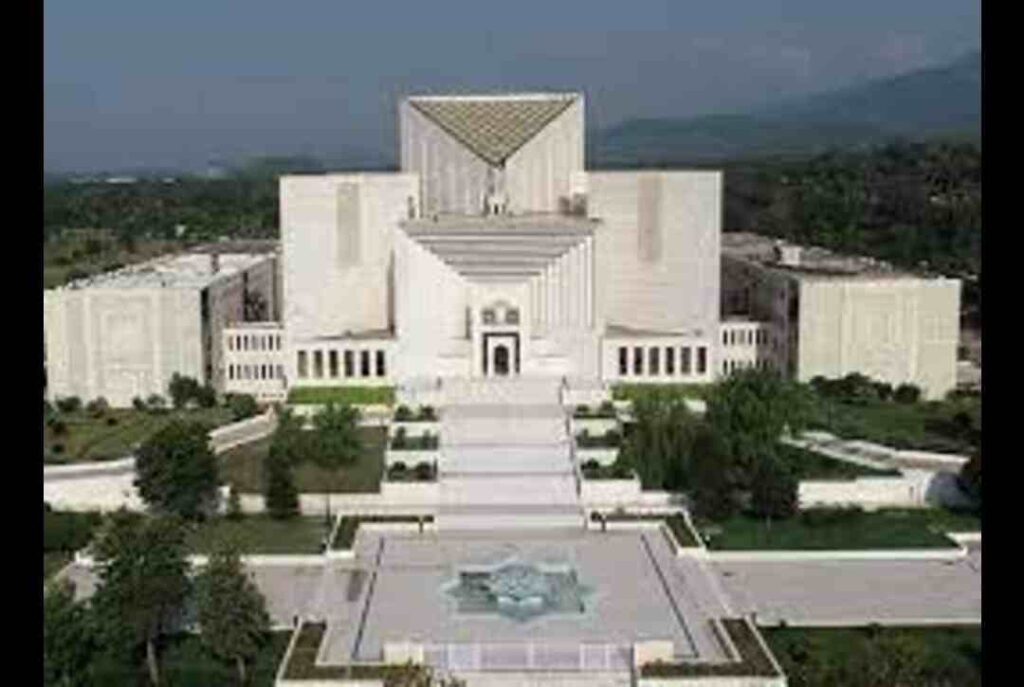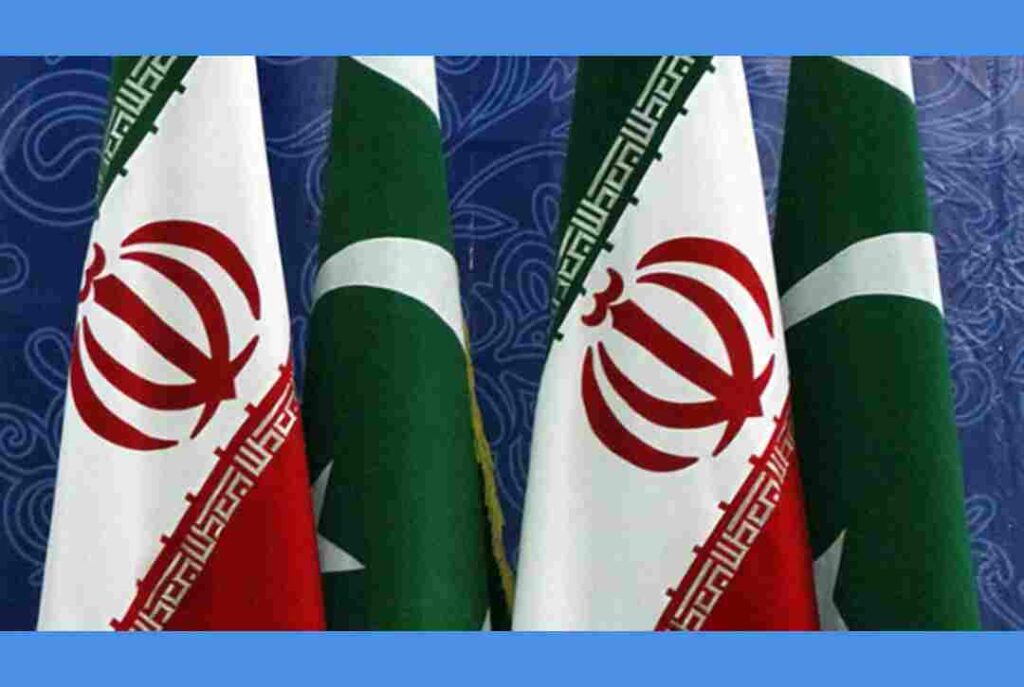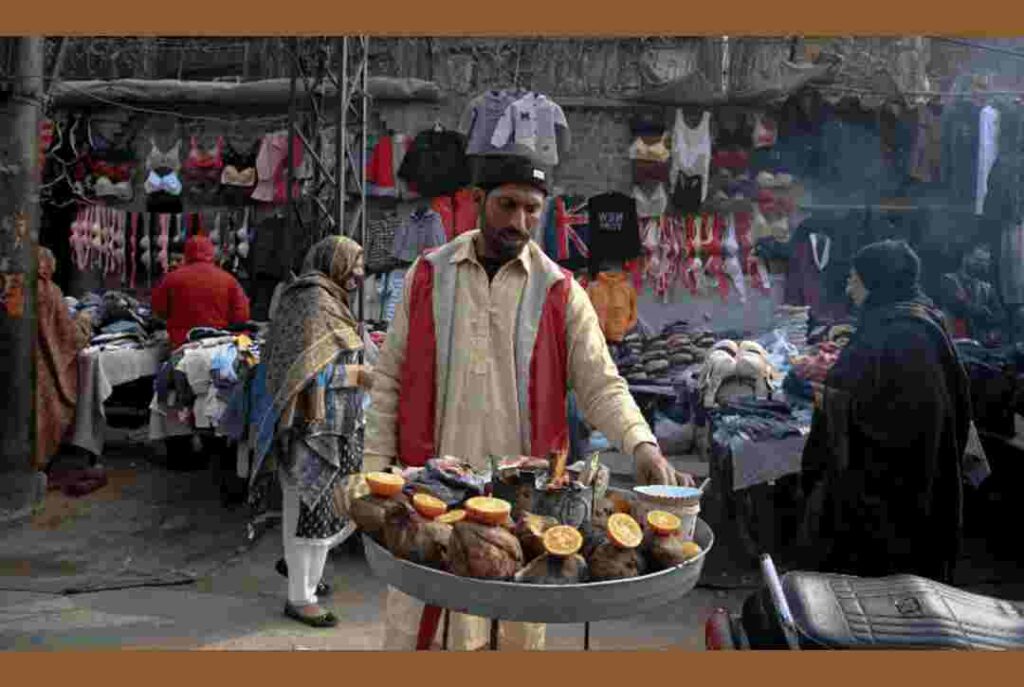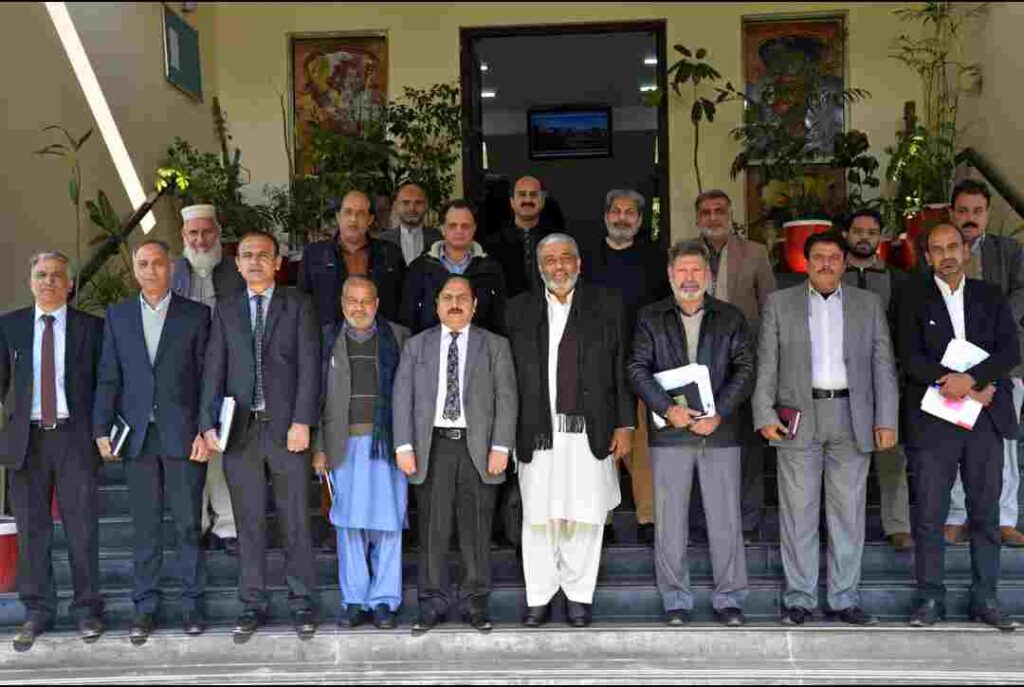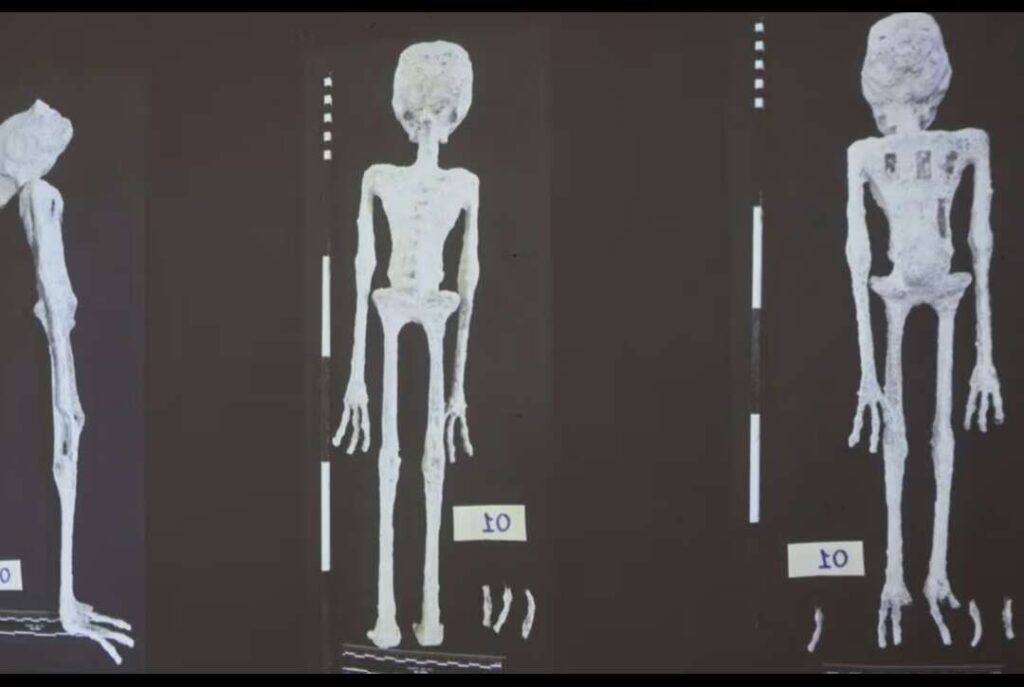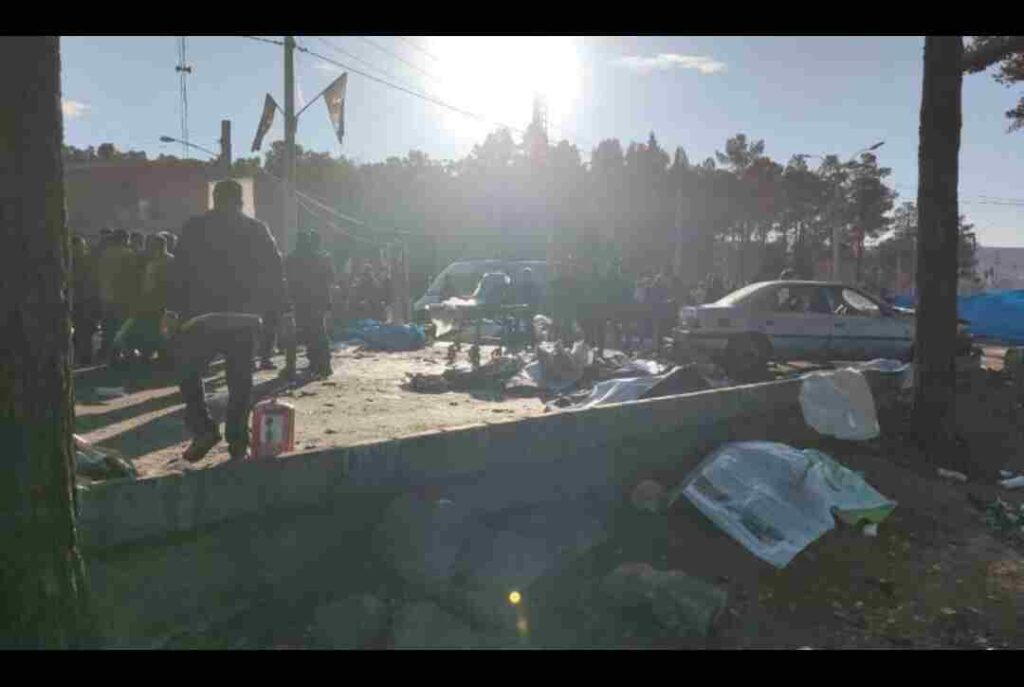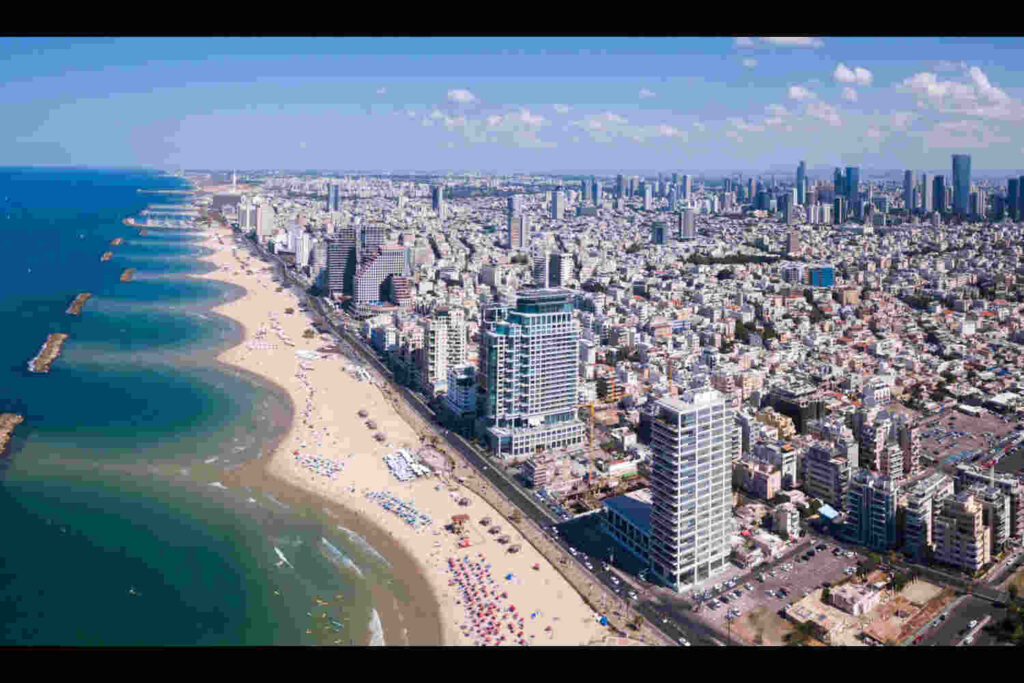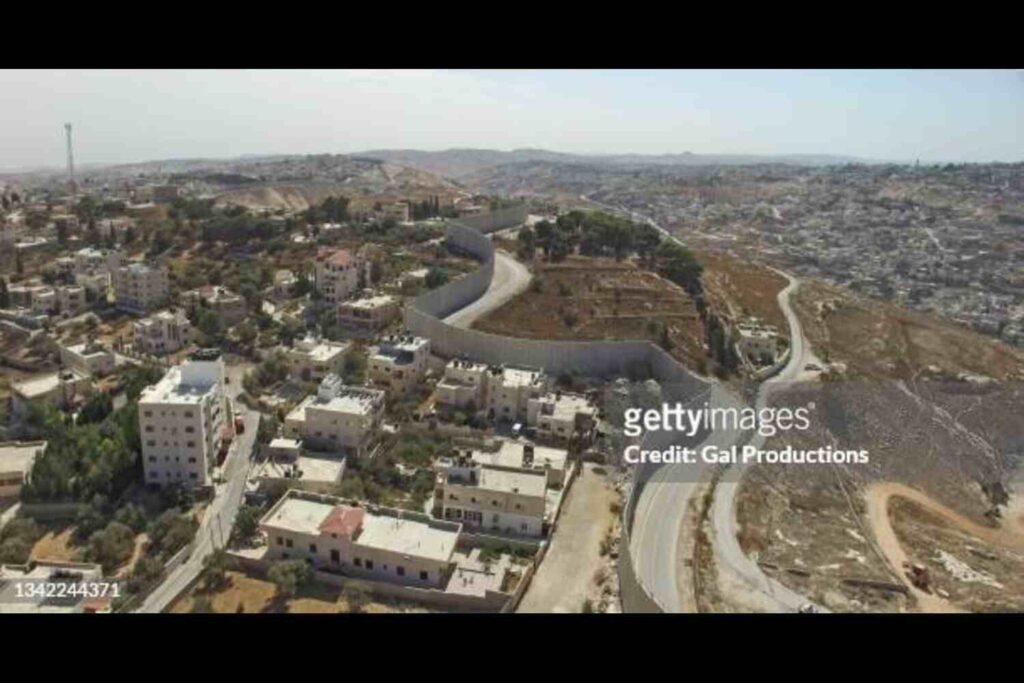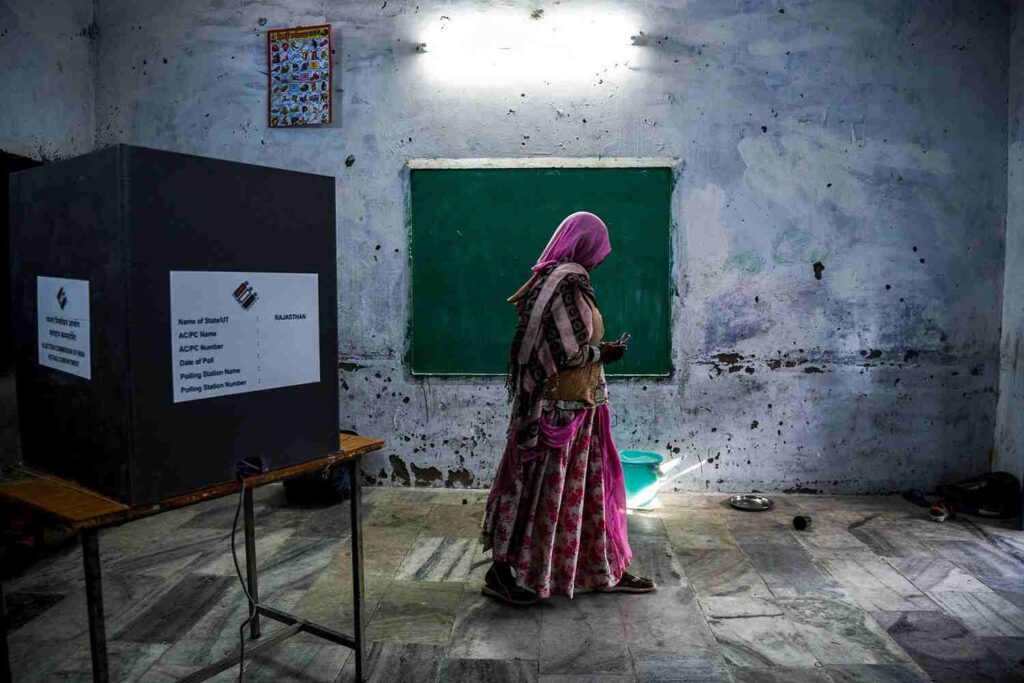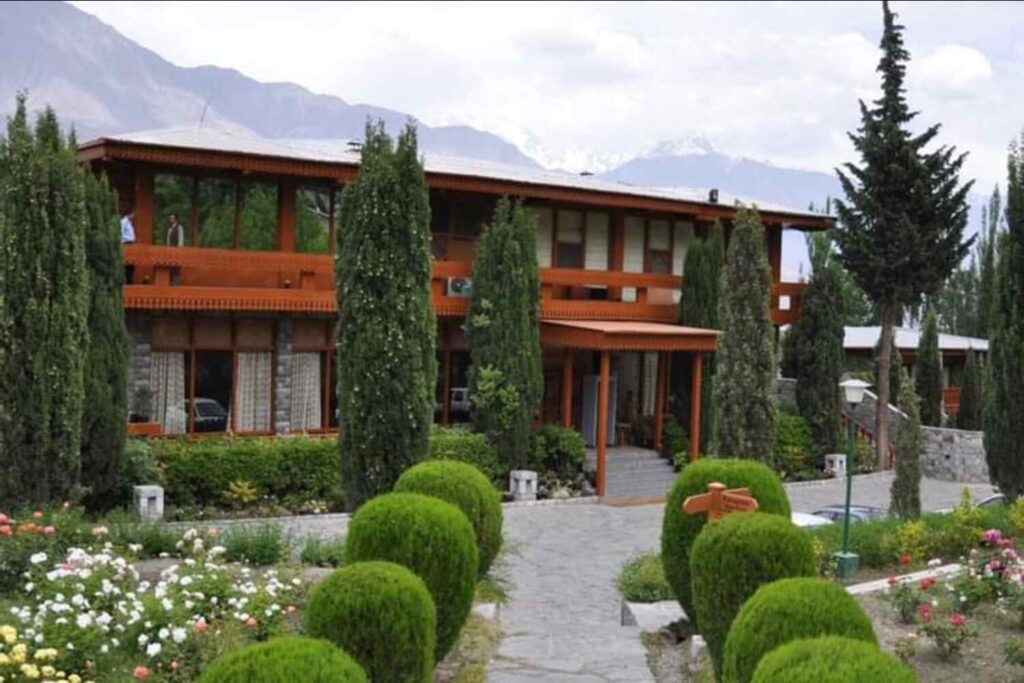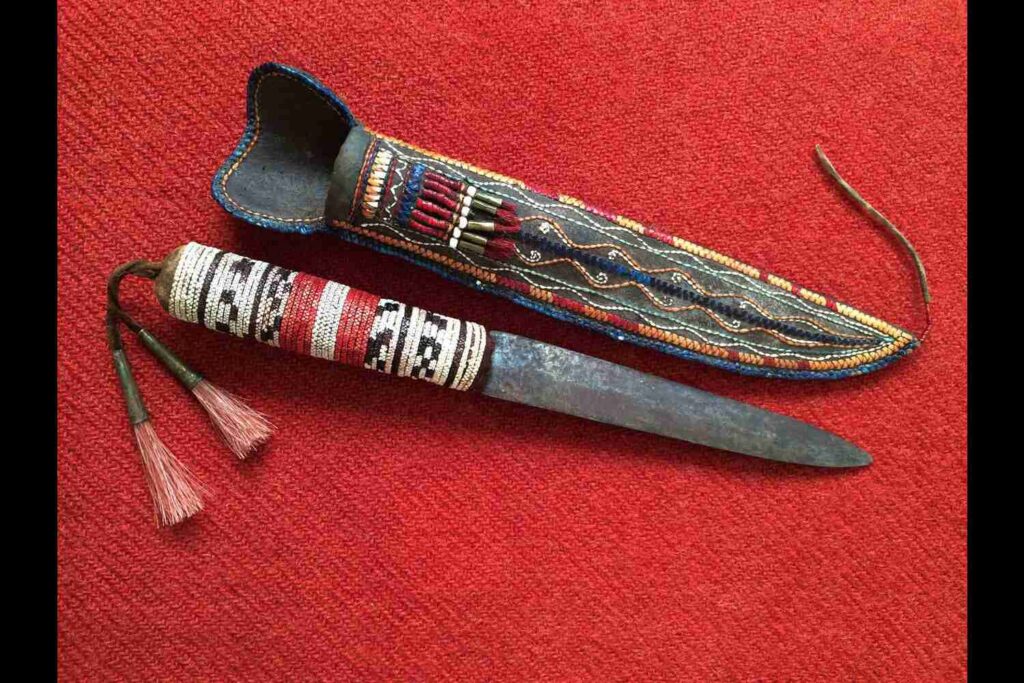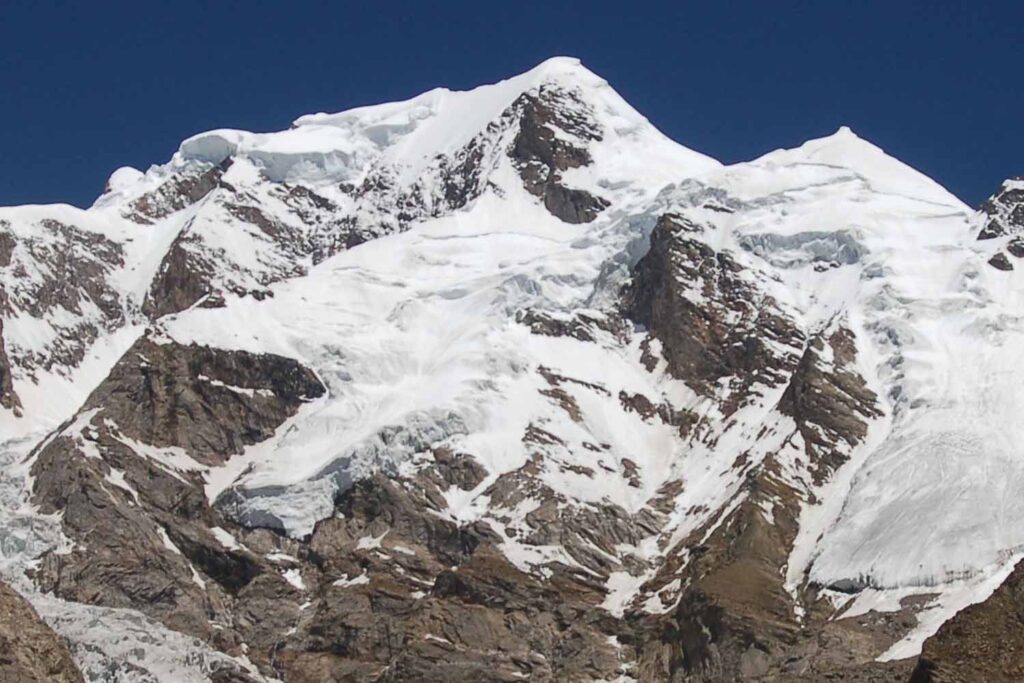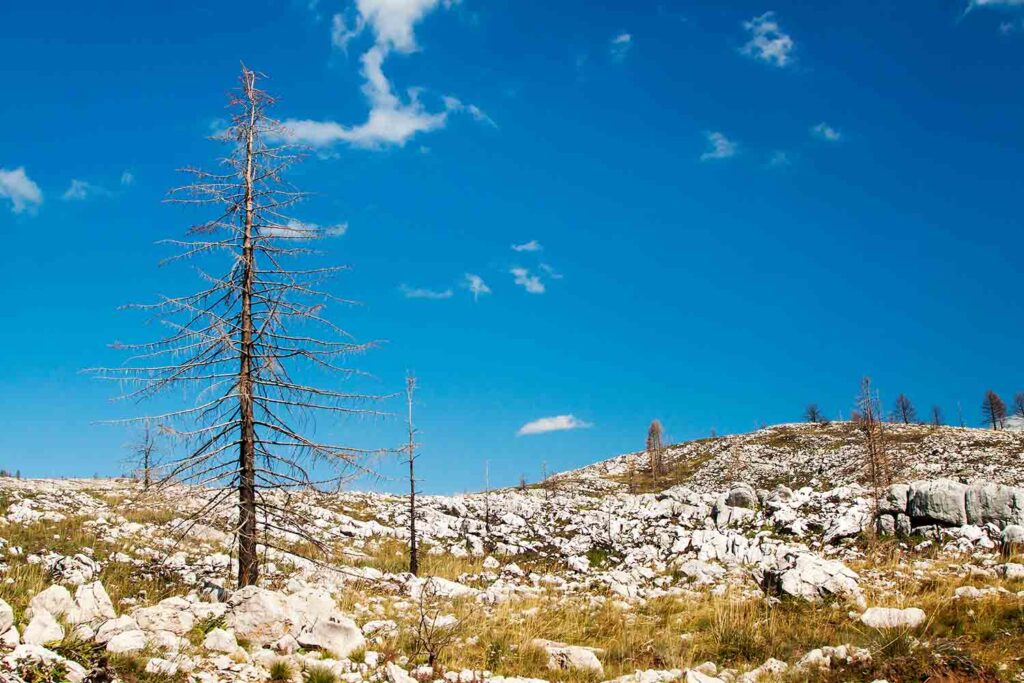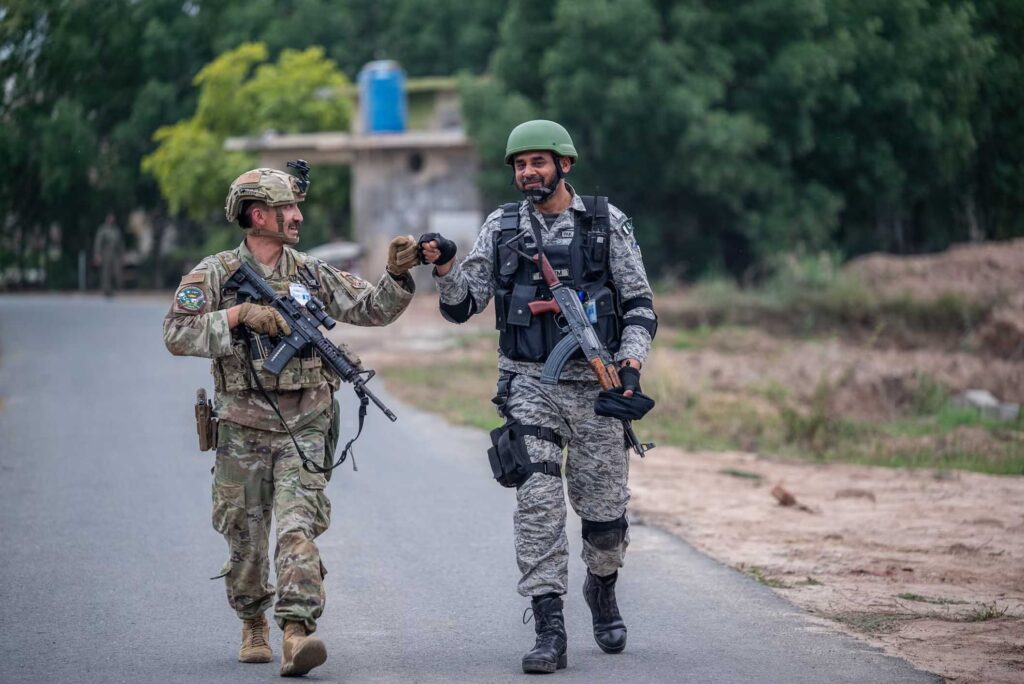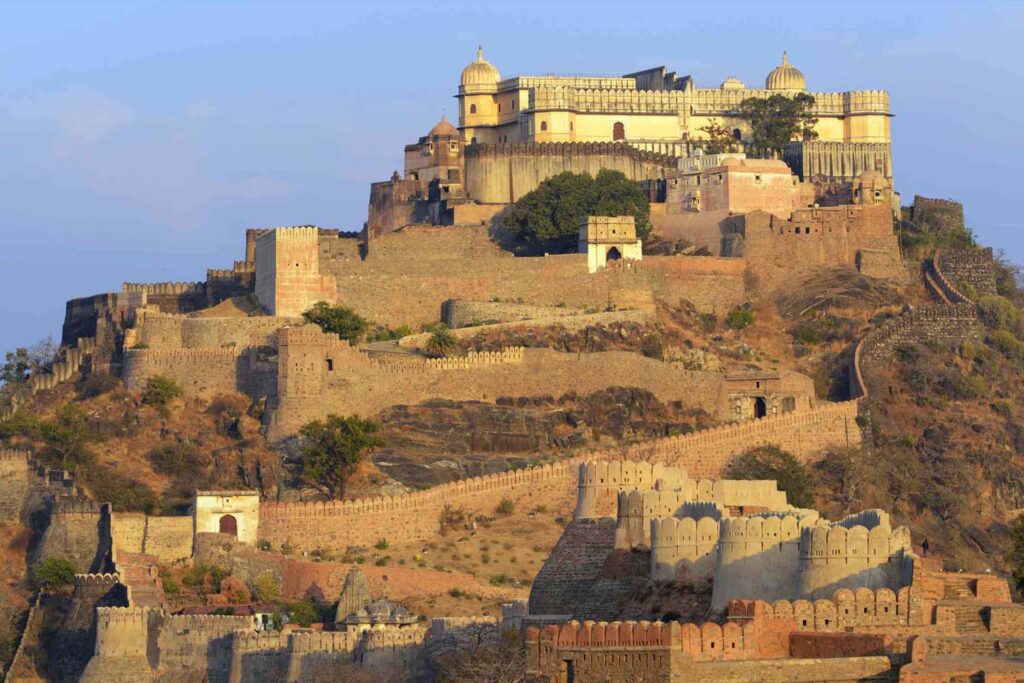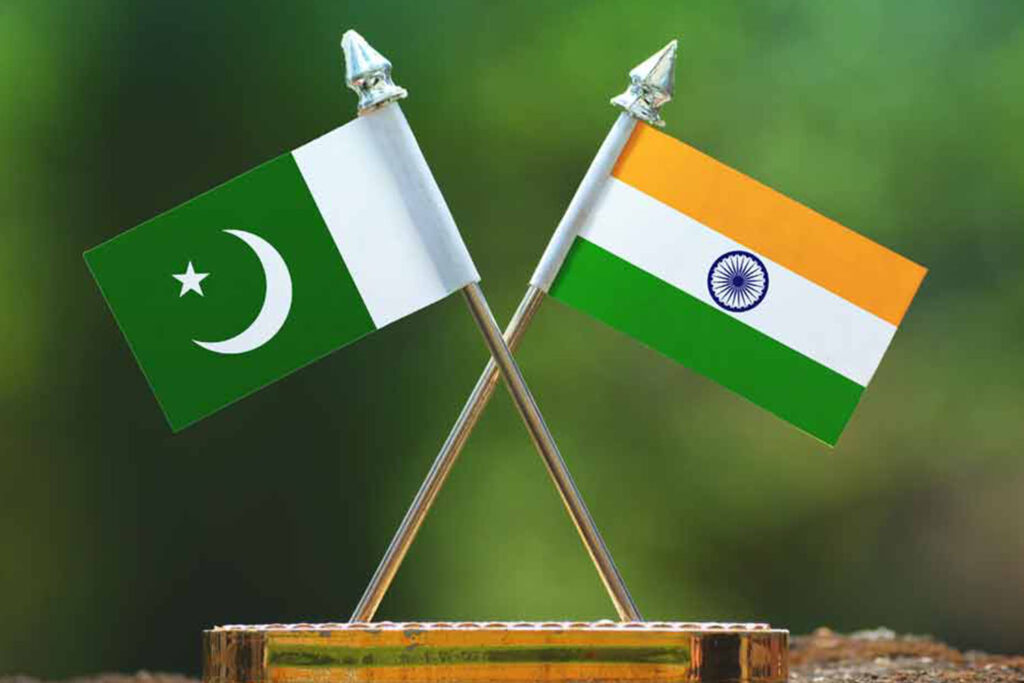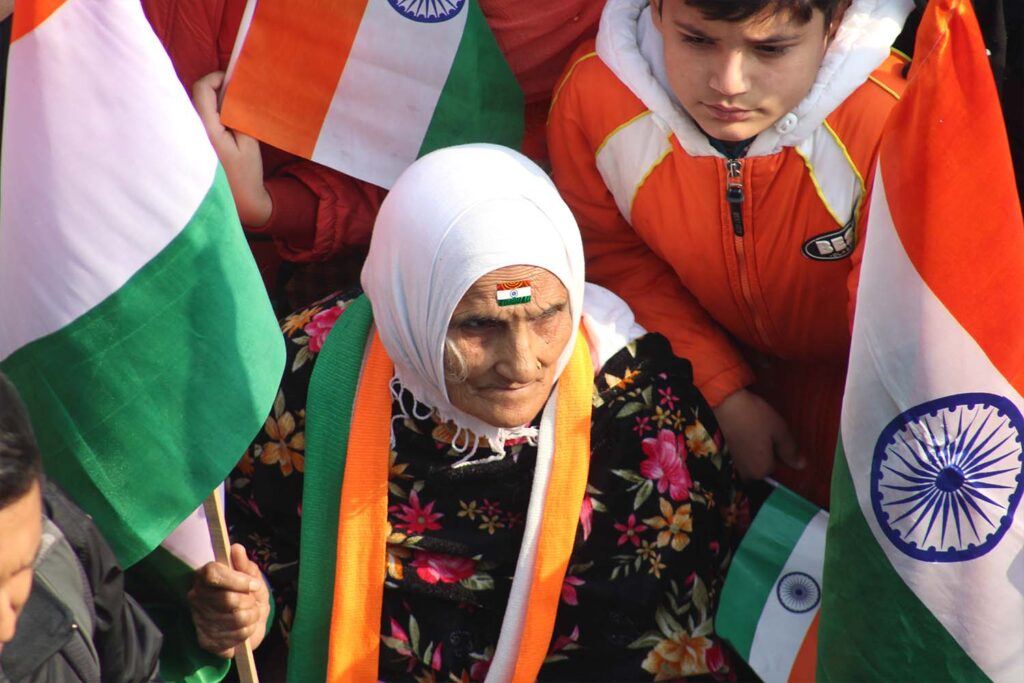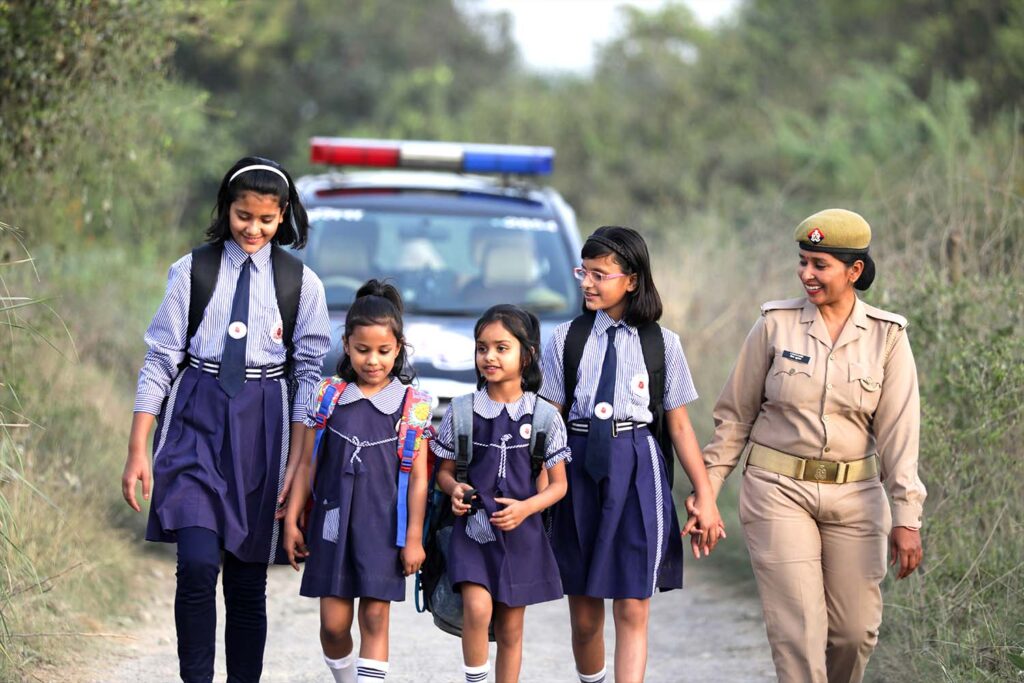Unpredictable and jagged strategic KKH and JSR
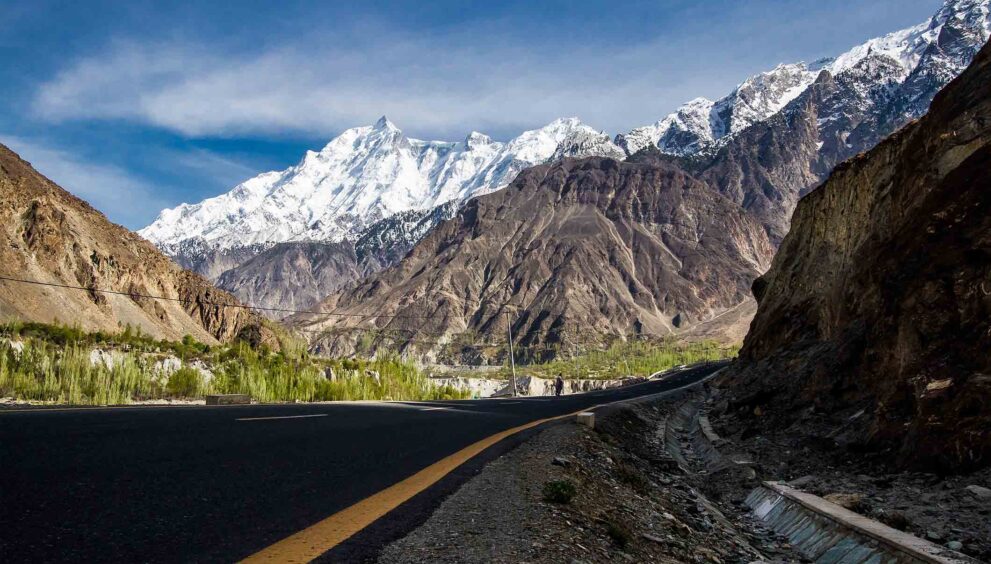
By Naveed Akhtar
Pakistan’s northern most region, Gilgit-Baltistan shares border of 596 km with China, that traverses the Karakoram range.
Pakistan is now deeply in hock to China, from weapon systems to economic bailouts, to diplomatic support in various international fora, China is Pakistan’s go-to country. Gilgit-Baltistan hosts more than 2 million population , covers an area of 72,000 square km.
It is home to five of eight-thousanders and more than fifty peaks above 7000 metres. The “One Belt and One Road” initiative’s “China–Pakistan Economic Corridor” (CPEC) serves as game changer project, connecting China and Pakistan via the Karakoram Highway (KKH) “eighth wonder of the world” .
Karakoram highway(KKH) connects China with Pakistan through Gilgit-Baltistan, while strategic road Juglot-Skardu road (JSR), connects Baltistan division of Gilgit-Baltistan to rest of the regions via land. Baltistan divison makes one-fourth of Gilgit-Baltsitan in term of Population. Baltistan’s four districts border with China and India through Karakoram Pass and Kargil, Daras, Siachin, Chorbut, and Batalik sectors, making it an area of strategic importance.
Since the region is of immense strategic standing, the road would prove to be an asset in mobilizing armament to safeguard the motherland. Both KKH and JSR are frequently disrupted by geological hazards mainly landslides and climate hazards including glaciers melting causes Glaciers lake outburst floods (GLOF) or rainfall causing landslides, mudflow and debris flow thus results in complete suspension of transportation, supply chain and mobility of people through KKH and JSR, only land road to get access to other cities of Pakistan.
Juglot-Skardu road experiences high mountain topography , a lot of loose debris and sudden rockslides, mud flows causes fatalities, commuters frequently left in miseries and mercy of God, and increased risk of travelling.
Weakening of mountains hosting both KKH and JSR due to blasts carried out during construction have made the road further risky and pose greater threat to disruption of traffic flow at vulnerable points like Chilas, Kohistan, Taata Pani and Roundo valley of Baltsitan division.
Strategic JSR initial papers projected 4 tunnels at the points that were highly under risk of sudden rock fall and landslides every now and then, but later on completion of road construction shows the tunnels have been scrapped and that section of roads is again prone to landslides and rock fall.
Another necessary measure could have been bridges instead of long and dangerous diversion on side valley tributaries of the Indus river on JSR. Gilgit-Baltistan has the annual precipitation of around 200 mm, most of it in the form of snow.
The unpredictable weather and seasonal shift due to climate change in Gilgit-Baltistan hampers passes by a mountains and disconnects regions from the rest mostly it raises starvation-like situation in the mountainous region due to road blocks for indefinite time, another reason includes tardiness of workforce to reopen road for traffic and supply vehicles.
JSR is pivotal to Pakistan as it is only the way to reach Saltoro ridge and the highest battle ground on the Earth. Frequent KKH and JSR gets blocked by landslides, debris flow by rainfall and sometimes by small and medium intense earthquake jolts hampers traffic flow and supply vehicles, commuters including locals, national and foreign tourists get stranded.
It is the right time to think and lay stressed over execution of all environment and economy friendly measures to make KKH and JSR, more safer, reliable, tourism friendly and maintain constant traffic flow with minimum risk of any climate hazards and geological hazards.
The past and present incidents of landslides and rock fall prompt immediate and necessary measures to take before it further costs human lives and loss to economy due to closure of KKH, pivotal for CPEC.
The author, from Gilgit-Baltistan, is a student of IR at Quaid-e-Azam University, Islamabad.

 English
English 